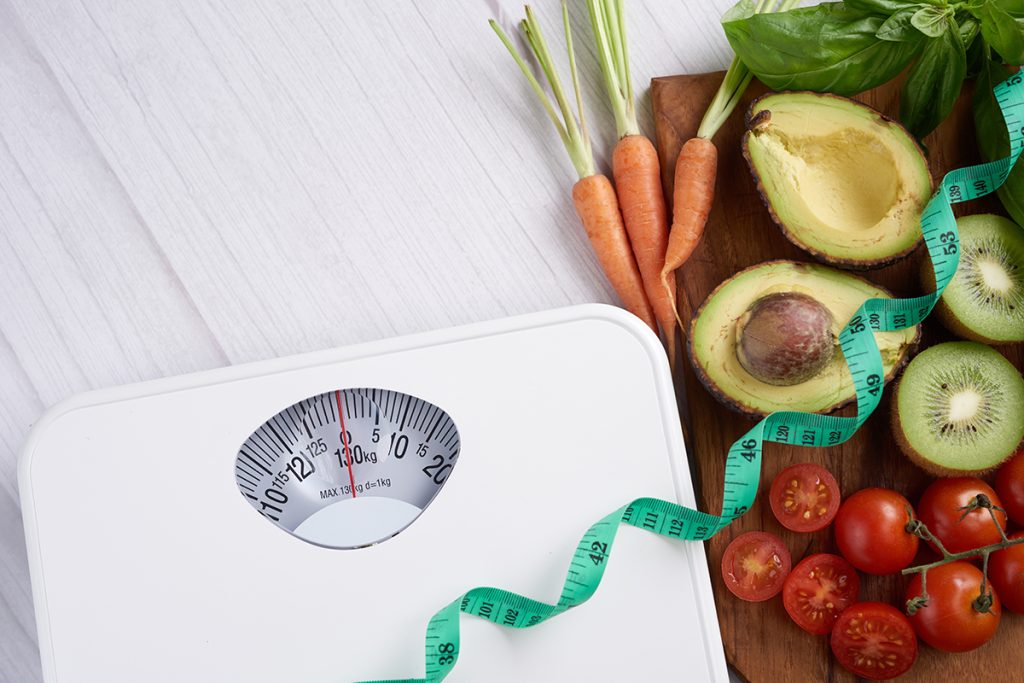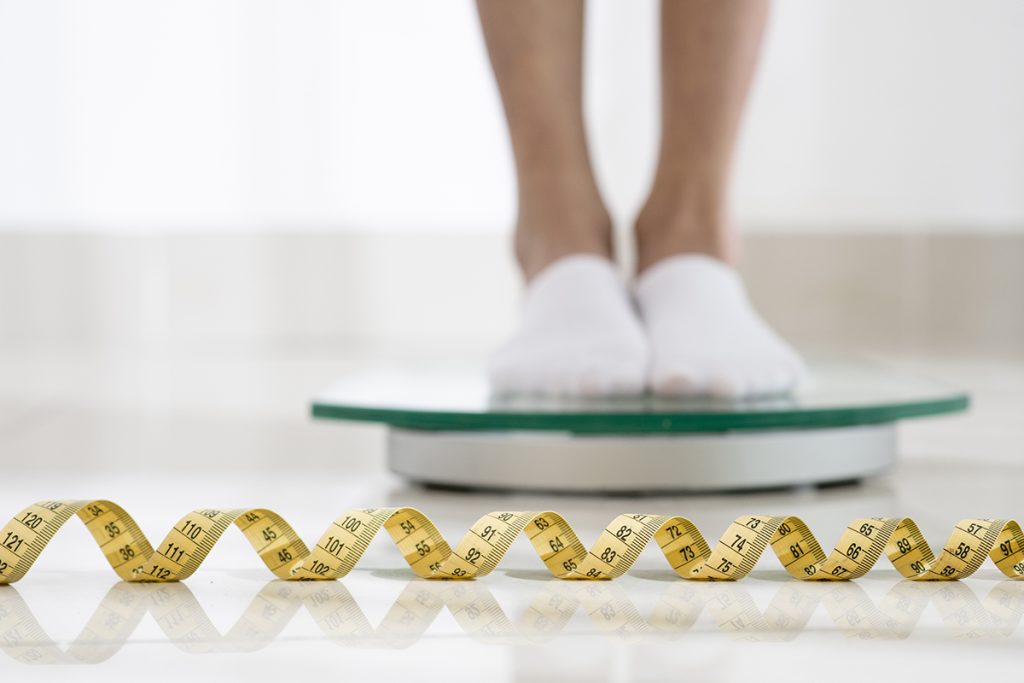Losing weight without exercising: is it possible?

When you think about losing weight, then you’ll also think about exercising. But how do you lose weight without exercising? For example, if you don’t get around to it or if you are unable to do it due to specific physical issues? Here we tell you everything about losing weight without exercising.
Losing weight, how exactly does that work in your body?
Simply put, you’ll lose weight by consuming more calories than you take in. It is therefore logical to think that you achieve this by exercising (more). But there are more ways to burn calories without spending a lot of time.
Your body uses about 80% of your energy needs to survive. This energy goes to your heart, lungs, brain and immune system, among other parts. This form of energy expenditure is called basal metabolic rate. So you don’t have to be aware of this.

Exercise without sports
By moving your body you do use energy. But exercise is not always the same as sports. It certainly is good for your overall health to exercise for at least 30 minutes every day. Just think of cycling, walking, climbing stairs or swimming.
You can easily build these forms of exercise into your daily rhythm. Jump on your bicycle going to work, walk an extra block with your partner or with your dog, and instead of going with the elevator use the stairs to go up and down.
In this way you can easily consume some extra calories without getting sweaty. Because when you make a detour going home on your bike, or take an extra long walk, then you’ll easily burn even more calories with something you were already doing.

Go for the right diet
You’ll need a good diet to be able to receive fewer calories than you consume. You really don’t have to go on a strict diet right away, but it is very important to look at all the nutritional values that you consume every day to maintain an excellent weight.
If you would like to eat less, it is important that you feel full for a longer period of time after each main course. This prevents you from having an extra cookie with your coffee, or opening a bag of chips on the couch in the evening. Fiber-rich and protein-rich meals are therefore important.
For protein-rich foods, think of meat, meat substitutes, oily fish, dairy, eggs, nuts and legumes. The latter two also contain a lot of fiber, just like oatmeal, unprocessed and whole grains, vegetables and fruit.
Use a meal plan
Maintaining a proper diet can be difficult when you have to rethink what you’re going to eat every day. The solution for this is using a meal plan.
In a meal plan, you’ll plan in advance what you are going to eat and when. This way you’ll always have insight into all the nutritional values you do consume.

Drink plenty of fluids
Another important change in your diet is your fluid intake. Soft drinks and fruit juices from the supermarket often contain a lot of sugar. So opt for a light version, or even better: try not to drink it at all.
Instead, opt for green tea or water. Drink half a liter of water about half an hour before a meal. This gives you the idea that you are full faster while eating, so that you’ll automatically eat less.
In addition, it is important that you drink at least one and a half to two liters of water per day.

The influence of your sleep pattern
Did you know that even your sleep pattern can affect your weight? An adult needs about 8 hours of sleep for a good night’s sleep. Although you are not consciously aware of it, your body is working very hard on its own recovery during your sleep.
When you regularly sleep shorter than necessary, your body goes into a kind of survival mode and other hormones are being produced. For example, more of the hunger hormone, ghrelin, is then being produced. This makes you more likely to eat something during the day.
This hormone, which tells your brain that enough fat has been stored, actually drops in value when you don’t sleep enough. Your body therefore uses less energy, because it thinks that otherwise there will be a shortage.
If you do get enough sleep, this hormone level will be a lot more stable. You’ll therefore feel less hungry and your body uses energy at a normal pace. Therefore, make sure you do get about 8 hours of sleep every night.
Other tips
When you do start losing weight without exercising, it is important to remember that you will not see results after just one week. Please don’t get discouraged by this! For example, set a goal for a few weeks, and don’t check until after that date whether you do see results… or not.
This should be a realistic goal. For example, losing 2 kilos in 8 weeks. Did you lose 3 kilos during that time? Then that’s a good thing! But even when it’s only 1.8 kilos, then you do know that you’re on the right track. This motivates you to set a new goal and carry on!

Losing weight without exercising: is it possible?
Losing weight without exercising is surely a long-term project, but it is certainly possible. However, remember that you always need to eat fewer calories than you consume. Then your body will (mostly) do the rest.



















